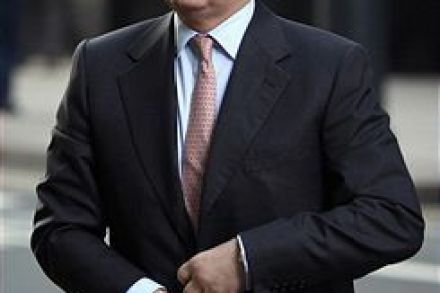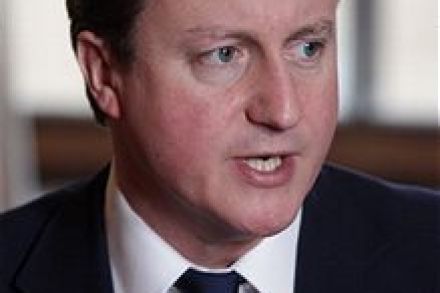Disaster in Japan
Graphs and tables cannot ever convey the full tragedy of the situation in Japan, but the one above captures an important fact: that today’s earthquake is historic in size. At 8.9 magnitude, this Japanese disaster is the 7th largest on the US Geological Survey’s books. Because it struck on the seabed, its destructive energy is distilled into the tsunami that is now sweeping across the island. What happens next is uncertain and could potentially worsen the catastrophe. A grim chorus of warning sirens is sounding from the coastlines of the Pacific, as everywhere from the Philippines to the west coast of America readies itself against the swells that may or















